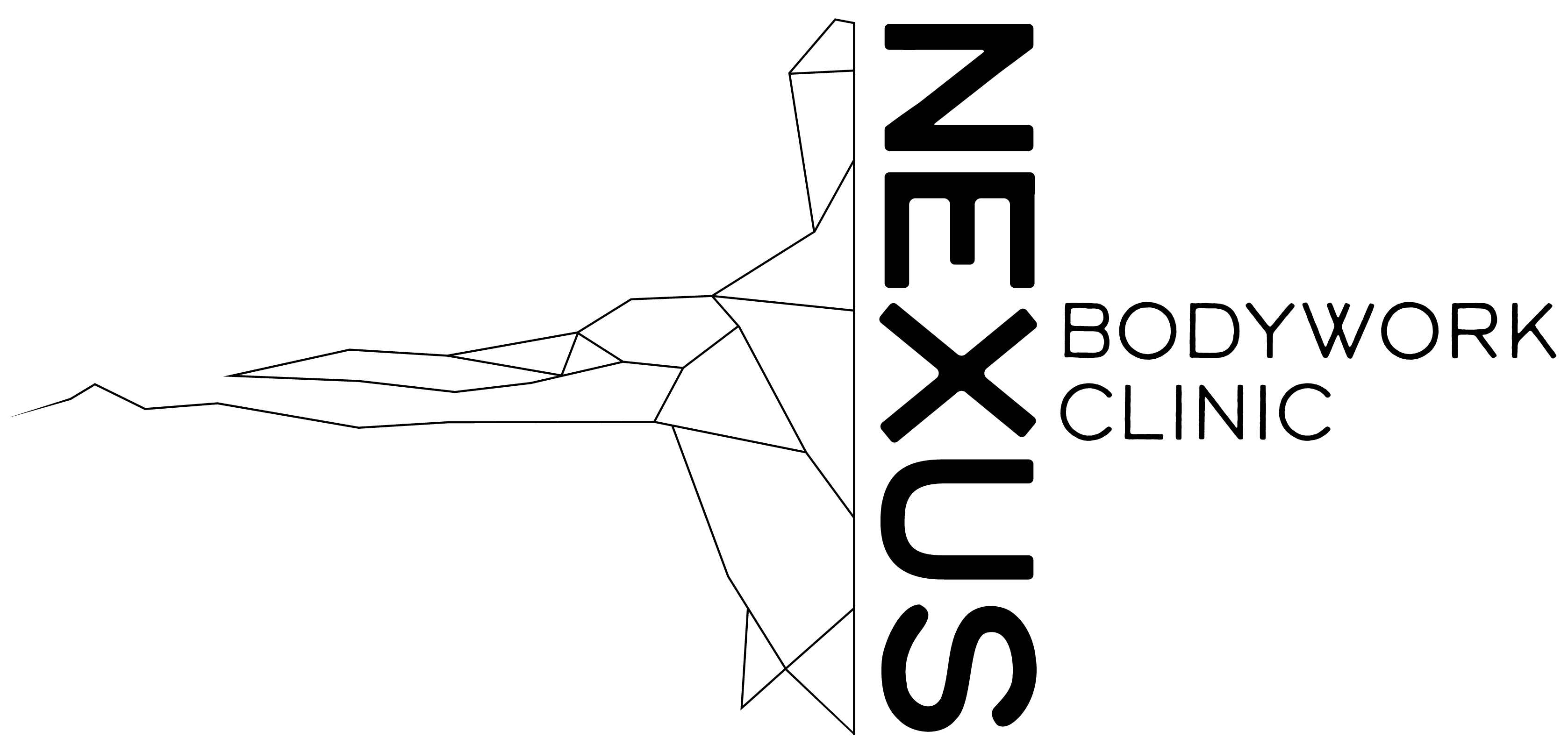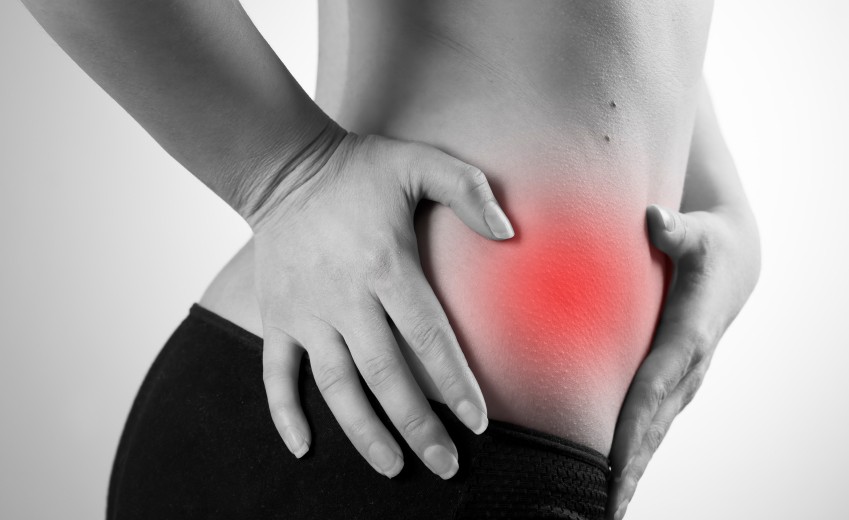When most people think of hip pain, they imagine muscle tightness, joint problems, or an old injury acting up. But what if we told you that your digestive system could be playing a role in that discomfort? It might sound surprising, but there is a growing body of evidence suggesting that the gut and musculoskeletal system are deeply connected. Here at Nexus Bodywork Clinic, we’ve seen firsthand how addressing digestive health can bring unexpected relief to hip pain.
In this blog, we’ll explore the potential links between digestive issues and hip pain, and what you can do to address both.
The Gut-Hip Connection: How Could They Be Linked?
The digestive system and musculoskeletal system are not isolated entities. Through a concept known as the gut-muscle axis, poor digestive health, particularly issues like gut inflammation or bacterial imbalances, can manifest as physical pain in areas like the hips. Here’s how:
- Inflammation and Referred Pain: Chronic gut inflammation can cause widespread inflammation in the body. This systemic inflammation can trigger pain in muscles and joints, including the hips.
- Tension and Guarding: When the gut is irritated, the body may compensate by tensing muscles around the abdomen and pelvis, which can pull on the hips, causing discomfort.
- Nerve Impingement: Digestive organs share nerve pathways with various muscles, including those surrounding the hips. Irritation in the digestive tract can create nerve-related pain that radiates into the hips.
While these connections might seem far-fetched, it’s essential to remember that the body operates as an interconnected system. A problem in one area often leads to compensatory issues in another.
What Kind of Digestive Issues Are We Talking About?
Here are some common digestive issues that could potentially be linked to hip pain:
- Bloating and Gas: Excessive bloating or gas can create tension in the abdominal muscles, which may pull on the pelvis and hip joints.
- Constipation: Chronic constipation can lead to pressure in the lower abdomen, which in turn creates muscular tension around the hips.
- IBS (Irritable Bowel Syndrome): Irritable Bowel Syndrome can cause pelvic tension, which may contribute to tightness or discomfort in the hips and lower back.
- Leaky Gut: A condition where toxins leak from the digestive system into the bloodstream, leading to widespread inflammation that can affect muscles and joints, including the hips.
How We Address Hip Pain and Digestive Health at Nexus Bodywork Clinic
At Nexus Bodywork Clinic, we understand that true relief from pain often requires a holistic approach. Here’s how we tackle the link between gut health and hip pain:
- Myofascial Release and Trigger Point Therapy
We target tightness in the muscles surrounding the hips, pelvis, and abdomen. This can help release tension caused by digestive issues, providing relief from referred pain. - Health Coaching
We offer health coaching that dives into gut health and blood chemistry analysis to understand underlying digestive issues. By addressing gut imbalances through dietary changes and supplementation, we work towards long-term relief from hip pain. - Dry Needling and Cupping
These therapies can help reduce muscle tightness and inflammation, especially if gut-related stress is causing muscular guarding around the hips. - Posture and Movement Assessments
Many clients with digestive issues also experience poor posture, which can exacerbate hip pain. Our remedial massage and corrective exercises can help improve posture, thereby reducing strain on the hips.
What Can You Do Right Now?
If you suspect your hip pain might be connected to digestive health, here are a few actionable steps:
- Focus on Your Gut Health
Before making dietary changes, it’s crucial to understand your specific gut condition. Adding more fibre or fermented foods could potentially worsen issues like SIBO, SIFO, candida, or parasitic infections. Instead, we recommend starting with a gut health consultation to assess your unique situation. This ensures any dietary or supplement changes are tailored to your body’s needs without causing further imbalances. - Check Your Posture
Poor posture, particularly slouching or over-arching the back, can put pressure on your hips. Consider booking a postural assessment at Nexus Bodywork Clinic to see if this is contributing to your discomfort. - Consider Myofascial Release
If you experience tightness in your abdominal muscles or pelvis, myofascial release could help ease the tension and improve your hip mobility.
When to Seek Professional Help
If you’ve been dealing with chronic hip pain and suspect that digestive issues might be involved, it’s time to book a consultation at Nexus Bodywork Clinic. Our team can assess your condition and develop a customised treatment plan that addresses both your pain and underlying digestive health concerns.
Hip pain isn’t always what it seems. Sometimes the answer lies in places we don’t expect—like the gut. If you’ve tried treating your hip pain without success, it might be worth exploring a connection to your digestive health. At Nexus Bodywork Clinic, we offer holistic care that looks beyond the surface, treating both the symptoms and their root causes.

